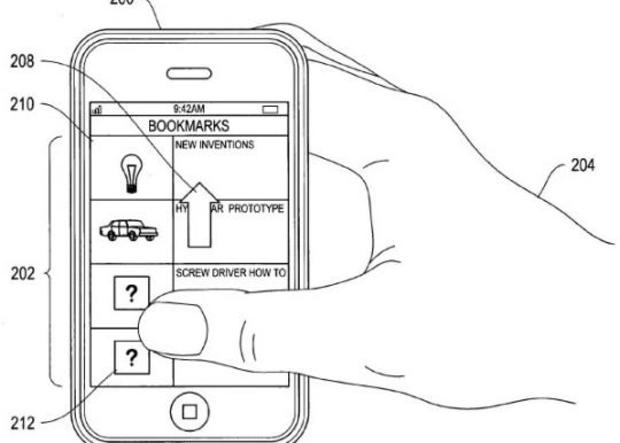Imagine your face as your future iPhone password
Awarded to Apple on Tuesday by the U.S. Patent and Trademark Office, a patent called "Personal computing device control using face detection and recognition" envisions a method to access your iPhone and other devices based on facial detection and recognition. As such, your face would act as a password, allowing only you to answer a phone call and perform other tasks.
The technology would start by scanning your face in order to record all of its unique features, such as texture, color, size, and shape. You could run the same process for any other person whom you want to use your iPhone.
In response to an incoming call, your phone would scan your face to make sure it matches that of an authorized user. If so, the call goes through, and your iPhone displays the usual incoming call screen. If not, the device remains in lock mode with only the ringtone chiming away.
The same security could apply for incoming e-mails. Looking at the iPhone would alert you to and display an e-mail. An authorized face would prevent the e-mail alert and hide or block the actual message.
The technology seems most at home on a mobile phone. But Apple's patent points to its use on other devices, including TVs, PDAs, and personal computers. As one example, your PC's screensaver could react to your face rather than to a preset period of inactivity.
Even an approved patent doesn't mean this technology will become a reality. But Apple did take a first step in password evolution with the introduction of its Touch ID fingerprint sensor on the iPhone 5S. Facial recognition is already used by other products, such as Microsoft's Kinect and Sony's PlayStation. So using your face to drive your iPhone seems like a logical step at some point down the road.
(Via AppleInsider)
This article originally appeared on CNET.
